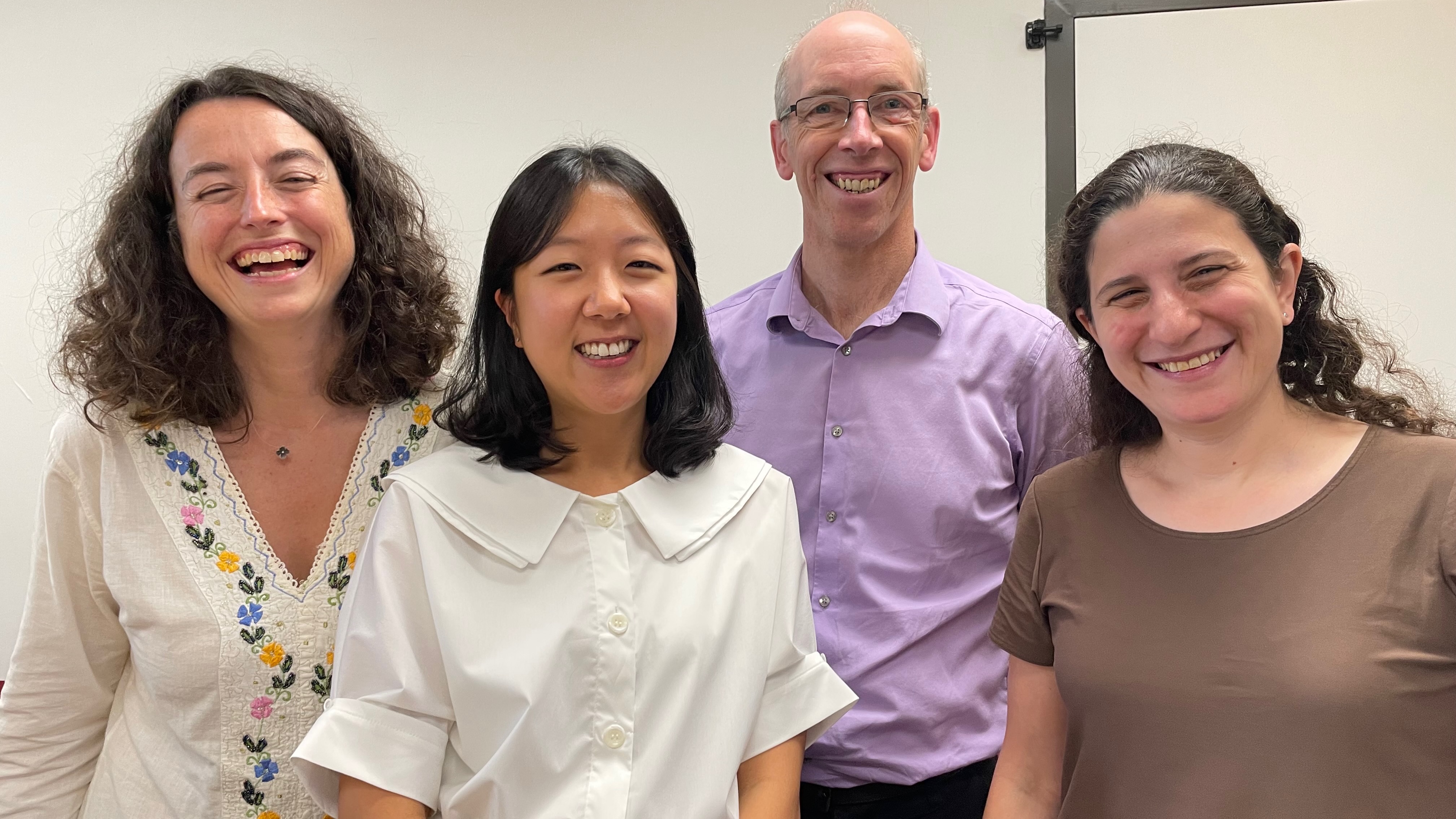Eun-Kyoung Lee / Context-driven expectations in real-time

Eun-Kyoung Lee / Context-driven expectations in real-time
Friday 4/4, Rosa defends her dissertation, "Context-driven expectations in real-time sentence processing," which finds that such expectations are "generally robust" and those errors we find "tend to arise in later stages—particularly when new input must be integrated into prior representations under conditions of weak expectations." Chaired by Colin, the committee also includes Ellen, Naomi and Philip, with Bob Slevc representing the Dean. The abstract is below.
A central feature of human language processing is the ability to rapidly build and update complex representations based on prior context. While humans actively use various linguistic cues to guide expectations, they sometimes fail to show immediate sensitivity to contextual information. A striking example is the role-reversal phenomenon, where comprehenders appear to expect verbs that fit the opposite argument roles indicated by the preceding context. These errors have often been attributed to failures in context-based representation building processes. This dissertation investigates how context-driven expectations unfold in realtime, focusing on the mechanisms that support anticipatory processing and where vulnerabilities arise. Using the role-reversal phenomenon as a test case, I unpack the generation and integration processes into distinct stages, in order to determine which parts are robust and which are more prone to errors. Through a combination of behavioral, electrophysiological, developmental, and computational methods, I examine divergences in role-sensitivity between comprehension and production measures, between adults and children, and between humans and computational models of language processing. The findings overall demonstrate that context-driven representations are generally robust and that errors tend to arise in later stages— particularly when new input must be integrated into prior representations under conditions of weak expectations. Moreover, the variability across different measures, sentence types, and populations—including children and computational models—can be traced to differences in the strength and timing of these underlying processes. Together, the results indicate that predictive failures do not reflect a general weakness in the representation-building system but rather stem from specific points of vulnerability. These insights help to refine our understanding of how context-driven expectations operate in real-time and contribute to broader theories of the cognitive mechanisms that support human language processing.

